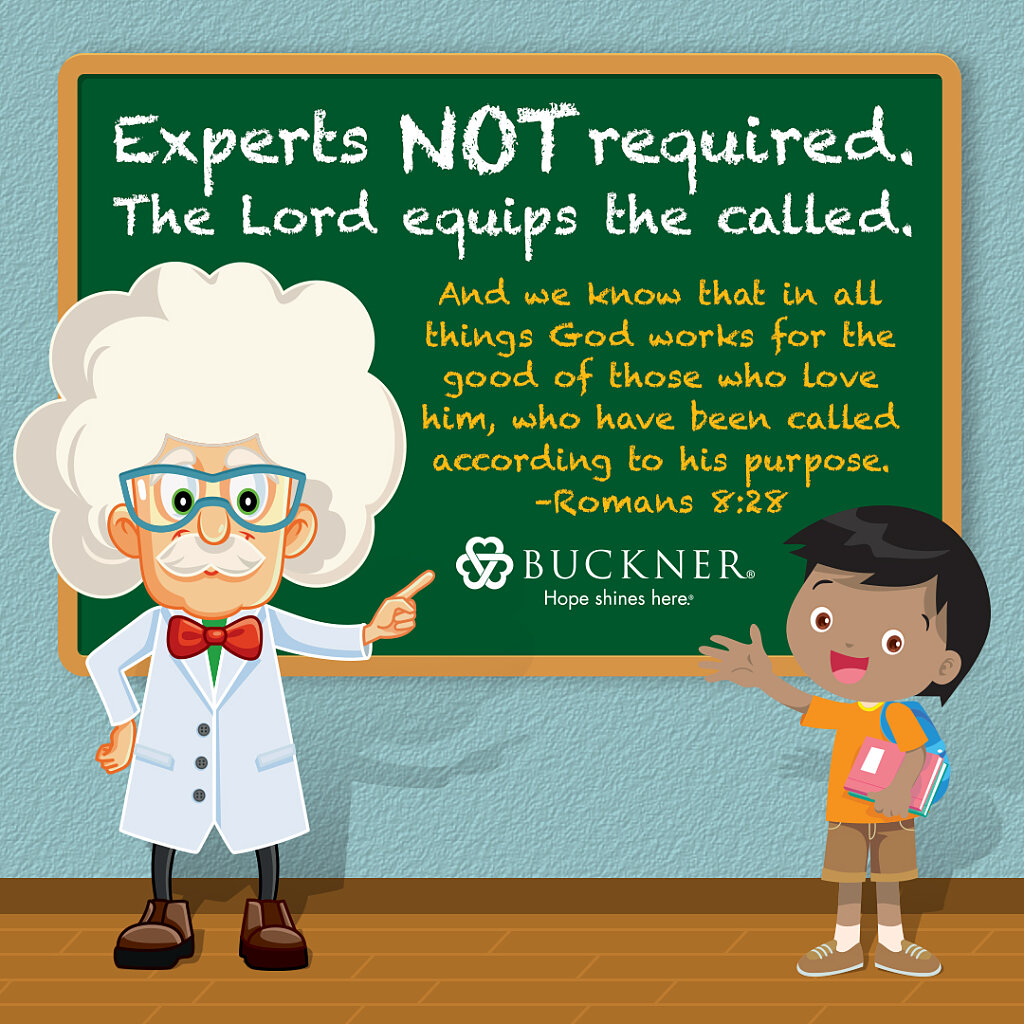What is involved with parenting a special needs child or child in therapeutic foster care?
All kids are special. But some children have special needs that require parents to advocate for services or extra help because of a specific need or multiple special needs.
What are some of the different special needs in children?
Special needs can include physical, emotional, developmental or sensory needs. Specific special needs can include cerebral palsy, congenital health disorders, ADHD, bipolar disorder, dyslexia, autism, Down syndrome, sensory processing disorders, speech challenges and more.

Special needs children in foster care
Children in the Texas child welfare system who have special needs require families considering foster care or adoption to be prepared for helping kids who may need extra attention, therapy or the help of school resources. Some special needs can be compounded by the trauma associated with being separated from a biological parent.
These children need foster parents who believe caring for the most vulnerable children in foster care is their mission. This type of foster care is commonly referred to as therapeutic foster care.
What is therapeutic foster care?
More than 5,000 kids have therapeutic needs (moderate, specialized or intense levels) within Texas, according to the Texas Department of Family and Protective Services. There are two levels of therapeutic foster care available through Buckner – moderate and specialized.
Therapeutic foster care was developed as a solution where therapeutic foster parents become part of a collaborative team. This team's main goal is to promote healing in a family setting.
At Buckner, the therapeutic collaborative team consists of the foster parents and foster child, a case worker, Buckner case manager, therapists, behavior support specialist, educators, mentors, medical providers and more.
Interested in learning more? Fill out the form below to be connected with one of our specialists.
Become an advocate for special needs children
If you’re new to this level of research in your foster care and adoption journey, you must have a heart for advocacy. Waiting children in Texas can benefit from parent advocates. Why? The safety and stability of a new family may not be enough to care for all of a child’s needs, and depending on the child’s age, they may not be developmentally able to verbalize their needs or challenges holding them back from their full potential.
As a prospective foster or adoptive parent, it’s important you prepare yourself, your family and your heart for any physical, emotional, developmental or sensory challenges your child may have so you can best help them be successful and gain access to necessary resources. For children in a state’s child welfare system, your family may benefit from Medicaid financial assistance for needed therapy. Buckner also offers wraparound services for families during the foster and adoption process as well as postadoption services.


